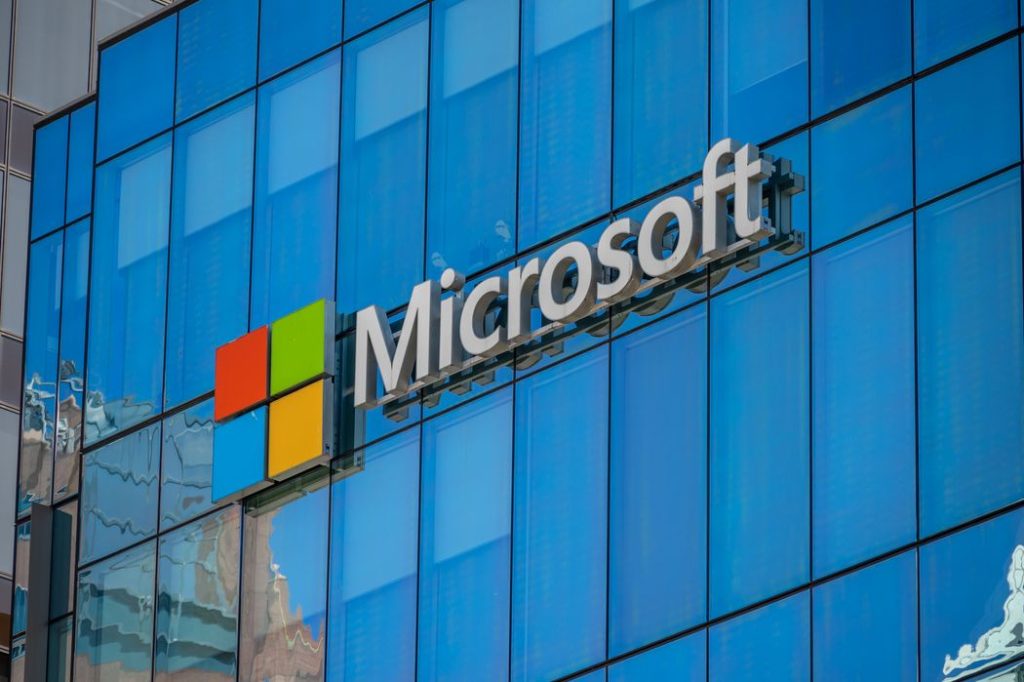
Microsoft Corp. shares popped 4% on Tuesday after the software giant put a steep price on artificial-intelligence-powered Office documents, leading analysts to predict a financial windfall.
The Microsoft 365 Copilot will be available for $30 per user per month for Microsoft 365 E3, E5, Business Standard and Business Premium customers, Microsoft MSFT, +3.98% said on Tuesday.
“We view the initial pricing details as very bullish for the total addressable cloud AI market opportunity for Microsoft that could increase cloud revenue annually by 20% by 2025 based on our estimate,” Wedbush Securities analyst Dan Ives said in a note Tuesday in which he maintained an outperform rating and a $375 price target on the stock.
“We believe over the next 3 years over 50% of [Microsoft’s] installed base will ultimately be on this AI functionality for the enterprise/commercial which changes the game for [CEO Satya] Nadella & Co.,” Ives said.
Microsoft is in the process of overhauling Office apps with its AI-fueled Copilot service, which lets businesses instantly summarize documents, generate emails and turbocharge Excel analysis.
“Microsoft’s pricing may set the gold standard for other Generative AI add-ons,” Bernstein analyst Mark L. Moerdler said in a note Tuesday. “We continue to believe that many software/AI vendors will not be able to highly monetize AI offerings as well as Microsoft.”
Tuesday’s stock jump so far has added $142.9 billion to Microsoft’s market cap, which would be the ninth-largest, one-day market cap gain on record for a U.S. company.
The 365 Copilot service is priced at a 240% and 136% premium for Microsoft 365 Business Standard and Business Premium customers, respectively, Jefferies analysts said in yet another note.
The aggressive pricing was part of a one-two AI punch delivered by Microsoft on Tuesday. It also plans to release a new version of Meta Platforms Inc.’s META, +0.46% AI language model that will make the software available to companies for the first time. Meta’s AI model, called Llama 2, will be available free to developers building software on Microsoft’s Azure cloud-computing platform, the companies said in a statement announcing the partnership.
Meta released an earlier version of Llama to academics but had not made it available for commercial use.